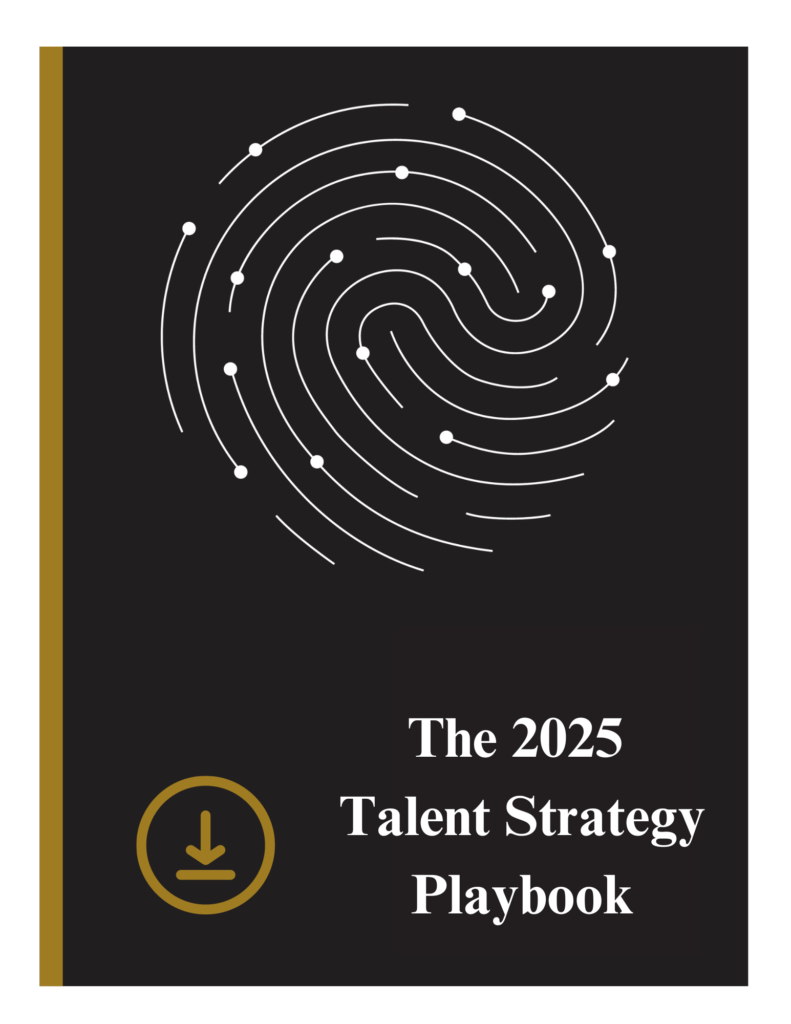Domestic Violence Has Skyrocketed: Here’s How You Can Help
By Ashley Ward
As many of us are painfully well aware, mid-January, the novel coronavirus introduced itself to America. By mid-March, the virus had spread throughout the nation and forced us to alter our daily lives in order to stop the spread.
That meant closing everything except essential businesses like grocery stores and pharmacies. We had to say goodbye to our local shops, our favorite coffee spots, our gyms and even our offices so we could stay home and stay safe.
The problem is, home isn’t safe for everyone. In fact, for individuals living in a domestically abusive situation, home is likely one of the least safe places right now. Domestic violence shelters have seen an influx of calls since the start of the pandemic, creating yet another public health crisis.
There Are Plenty of Factors Contributing to This Spike in Domestic Violence.
1. Isolation
Social isolation is a common tactic used by abusers to gain more control of their partners. With shelter in place orders, isolation is a given and abusers are able to gaslight their partners and add to a cycle of abuse that is difficult to escape.
2. Stress
Elevated levels of stress due to a national crisis are correlated to increased aggression, causing a more hostile environment for those living with abusers.
3. Economic Anxiety and Joblessness
As abusers get furloughed and laid off, they find an increased need to regain a sense of order and power in their relationships. This leads to increased violence toward their partners. Survivors of domestic violence who have been furloughed or laid off find their plans to gain financial independence have fallen apart.
4. Alcohol
With alcohol sales rising by 243%, bad situations have only turned worse. Often an accelerator of aggression, alcohol contributes to hostile situations and increased abuse.
5. Lack of Resources
While courts remain open for urgent matters, there still have been delays in restraining order cases. With legal aid organizations and advocates working remotely, assistance for survivors is affected. Also, there has been speculation that judges might be hesitant to hold abusers in jail due to COVID-19 concerns in state facilities.
This Could Be Happening to Your Employees and Coworkers
Perhaps one of the biggest misconceptions of domestic violence is that it doesn’t happen to anyone we know. With one in four women and one in seven men experiencing physical violence from their partner, it’s incredibly likely that you know someone dealing with this during this time, you just don’t know it.
How Can You Help?
While we can’t fix anything for them, we can certainly provide life-changing support to our affected employees and colleagues during this time.
1. Reach Out
It’s important to keep lines of communication open with those who may be experiencing abuse at home. Be friendly, be open, check in frequently.
It’s important to remember, however, that an abusive partner may be monitoring all of their communication. Don’t discuss any concerns until a survivor discloses abuse to you, then make sure you find out which forms of communication are safest for them and least likely to be viewed by their partner.
2. Send Necessities
Find out if your colleague or employee needs food, transportation or household supplies of any sort. You could drop items off to them, send them money through cash apps, or send care packages. Share knowledge and information on local food banks, food stamp options, or even unemployment information.
3. Do the Research for Them
Providing someone with information or a trained professional to call can be invaluable. While resources are tight and getting tighter for domestic violence programs, there are still people who can help.
It’s very important to remember that communication could be monitored by the abuser, so a good idea may be to share a list of resources with all of your colleagues or employees as a general resource for support.
The National Domestic Violence Hotline is 1-800-799-SAFE (7233) or thehotline.org.
The National Sexual Assault Hotline is 1-800-656-HOPE (4673) or rainn.org.
The Childhelp National Child Abuse Hotline is 1-800-4A-CHILD (422-4453) or childhelp.org/childhelp-hotline.
Latinx survivors can reach out to Casa de Esperanza at 1-651-772-1611 or casadeesperanza.org.
Native American and Alaska Native individuals can reach out to the StrongHearts Native Helpline at 1-844-7NATIVE (762-8483) or strongheartshelpline.org.
LGBTQ people can reach out to the Anti-Violence Project Hotline at 1-212-714-1141 or avp.org/get-help, or the Northwest Network at nwnetwork.org.
Young people experiencing relationship or domestic violence can contact Love Is Respect at 1-866-331-9474 or loveisrespect.org.
LGBTQ young people who may be experiencing abuse because of their gender identity or sexuality can contact the Trevor Project at 1-866-488-7386 or thetrevorproject.org.
4. Consider Financial Consequences
As an employer, it is never easy to make the tough decision to lay someone off. However, there should be an increased responsibility to think through the long-term financial impact of these attempts to conserve resources through reduction of pay and layoffs especially for an employee who may be in an abusive relationship.
5. Donate to Your Local Shelters and Agencies
Many nonprofits have had to cancel fundraising events due to COVID-19 and also have had a decrease in donations as so many people are affected by the financial impacts of this pandemic. If you’re able to give, now is the time to do so. At W Talent Solutions, we partner with Safe Haven Ministries to help make sure that survivors have access to their life-changing support and services.
Safe Haven Ministries is on a mission to end domestic violence. Watch this video to learn more.
If you or someone you know are facing domestic violence, please reach out for support here.
Photo by Andrea Piacquadio from Pexels













